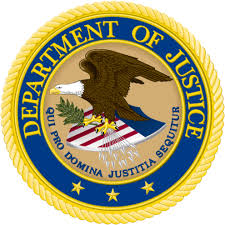
by blogger hcn
UPDATE: I'm re-posting this. For those of you wondering, I think the linked to news story is the reason for the asinine storyline on this weeks SVU. -jl
I recently saw a series of segments on a news show questioning forensic science. After examining several areas of forensic science and questioning their validity, they made a statement that DNA evidence seems to be the only truly accurate evidence to link a person to a crime scene. According to a recent New York Times article, that may not be the case anymore. Scientists in Israel were able to fabricate blood and saliva samples with DNA from a person other than the donor.
| The authors of the paper took blood from a woman and centrifuged it to remove the white cells, which contain DNA. To the remaining red cells they added DNA that had been amplified from a man’s hair. Since red cells do not contain DNA, all of the genetic material in the blood sample was from the man. The authors sent it to a leading American forensics laboratory, which analyzed it as if it were a normal sample of a man’s blood. |
Obviously a person attempting to fake and plant DNA evidence would need a background in biology and DNA analysis techniques to pull this off. I think it's safe to say your average criminal won't be able to have access to the necessary equipment and the knowledge to do this, but it is an interesting new study.
